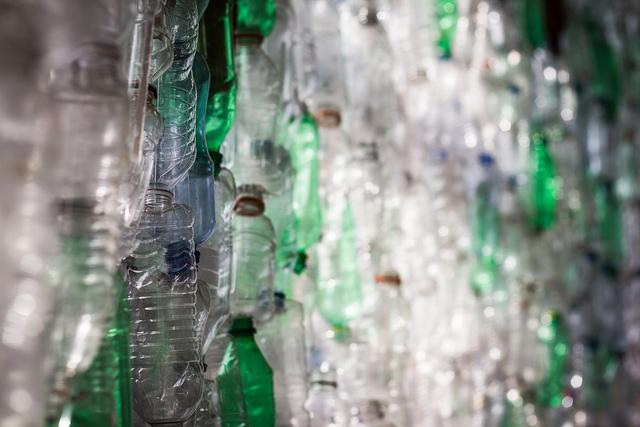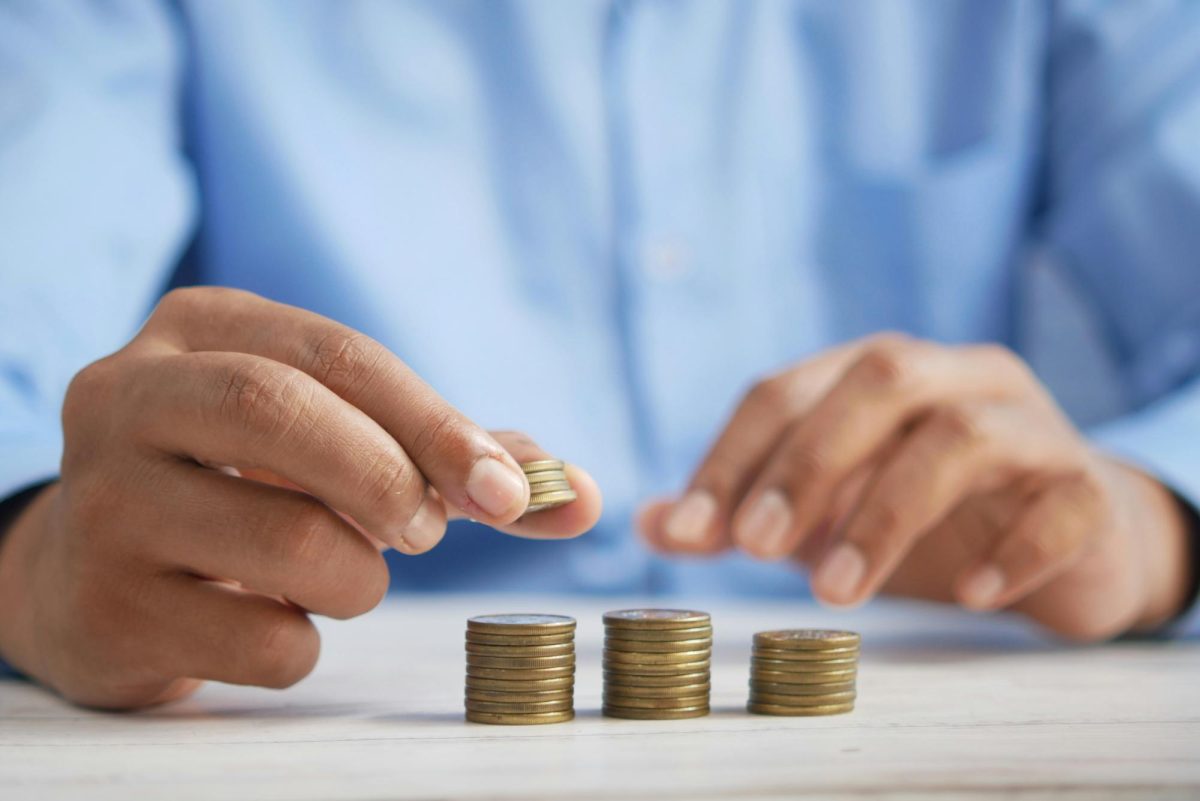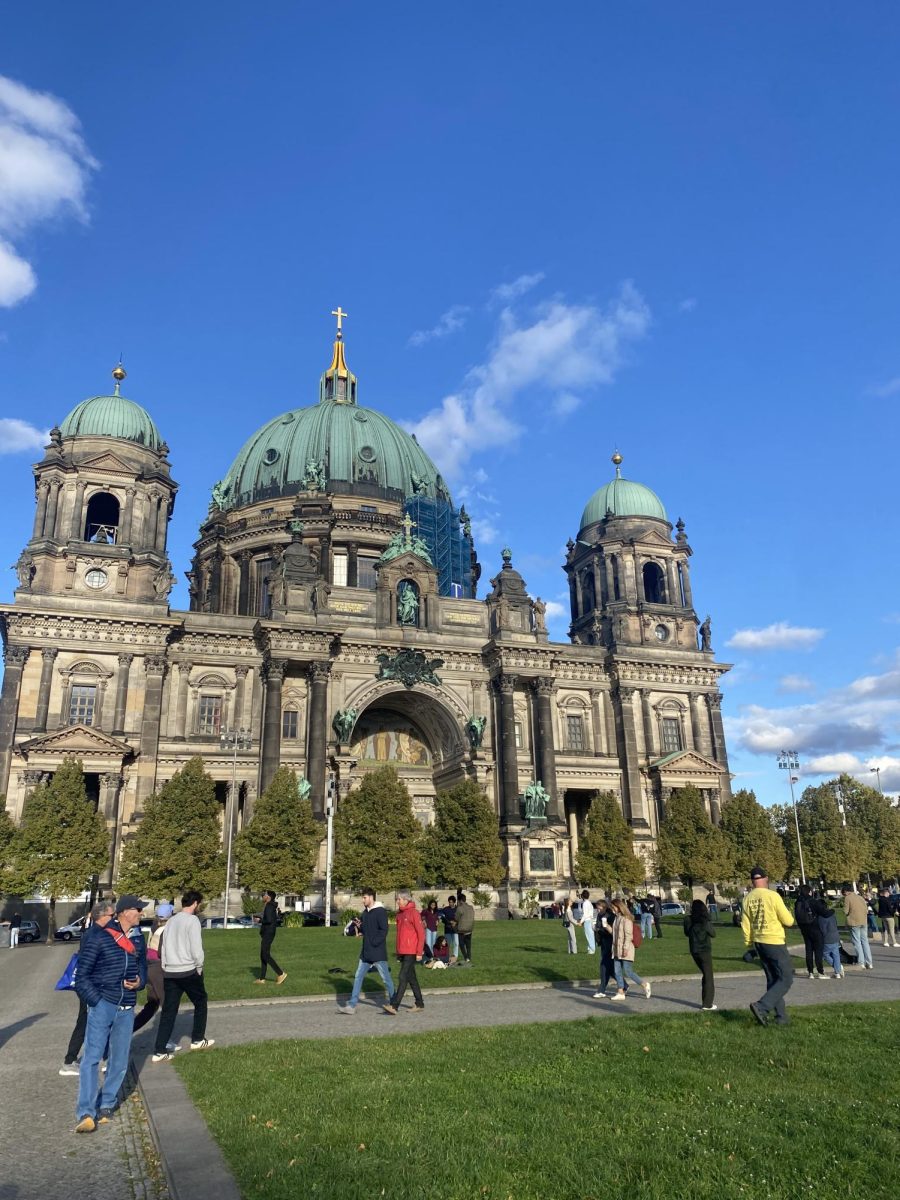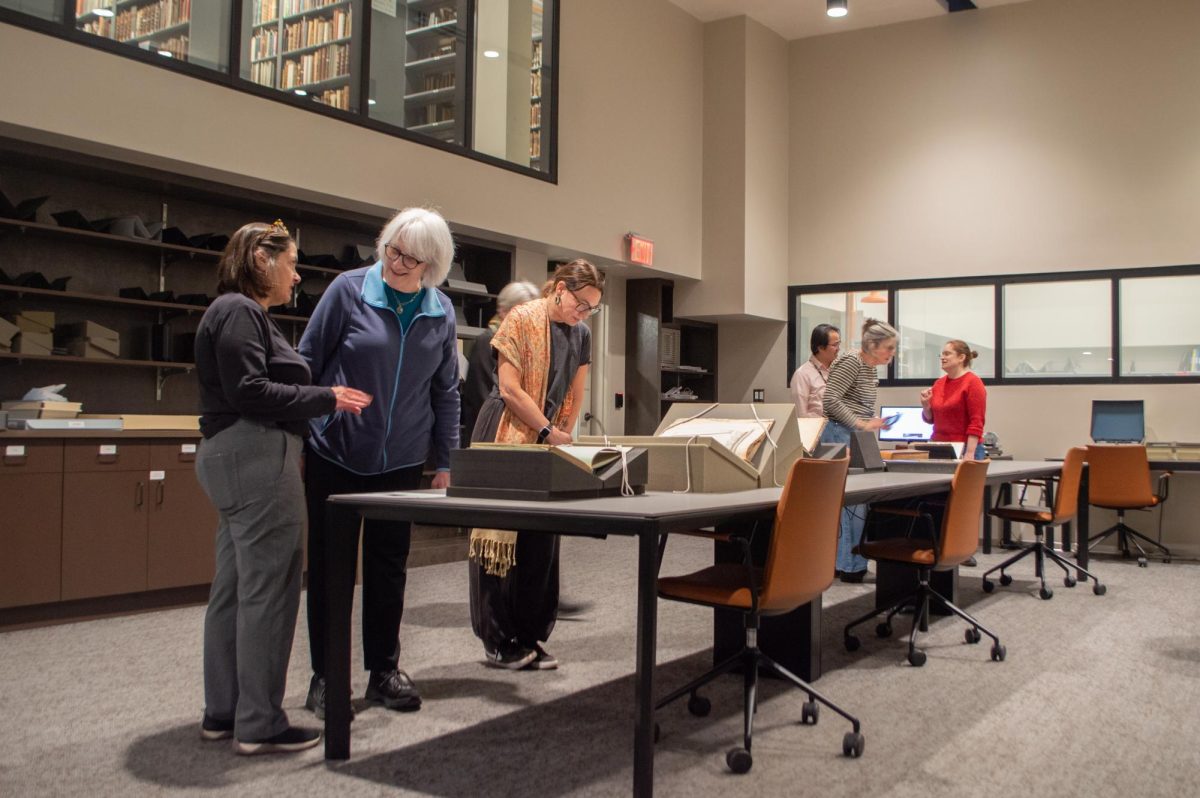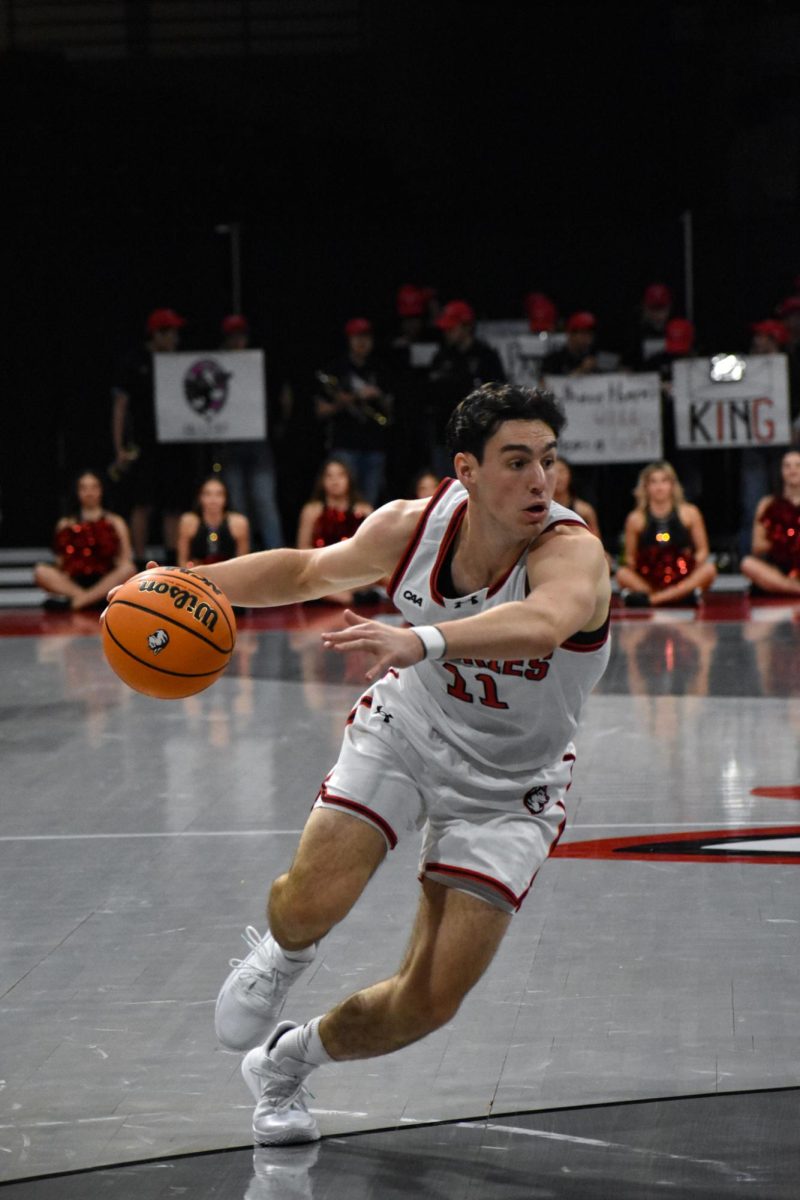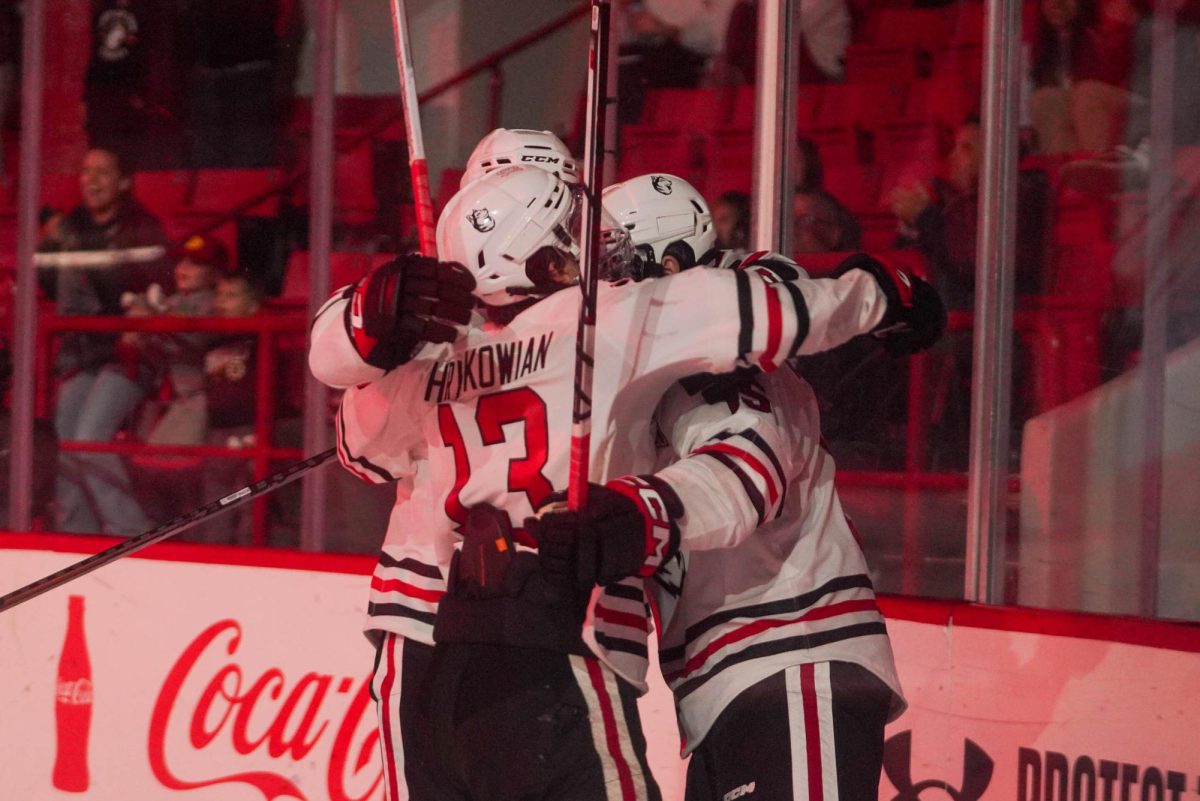By Mary Whitfill, editor-in-chief
Proponents of the Mass. bottle bill, responsible for a five cent tax on the purchase of certain plastic beverage containers, are looking to extend the law in the next few weeks. For over 20 years environmental advocates have tilted at this particular windmill, but the 33-year-old law has never made it past the legislature.
Currently, every plastic soda, beet and malt beverage container purchased in the state carries a refundable nickel recycling deposit, something buyers can get back when the containers are recycled at the proper facility. Now, voters will decide if the tax should be extended to include bottled water, sports drinks, juice and other non-carbonated drink containers. According to the Boston Globe, these drinks account for around 40 percent of all bottled drinks sold in the state.
On May 23, the State Senate approved the expansion measure, but the bill will now need to be considered by the House. In the past, the Senate has approved the bill but the House has blocked the measure.
Lobbyists against the bill include the Massachusetts Food Association (MFA), the Coca-Cola Company, the Pepsi-Cola Company, the International Bottles Water Association, American Beverage Association and more.
On Monday the Globe reported that the MFA, a staunch opponent, announced that the only compromise they would accept was one that would completely redo the program and instead place a once cent tax on all containers, with proceeds going to a recycling encouragement campaign.
Proponents argue that special interests such as these are the only reason the bill has not been passed and are calling for a democratic vote. Polls have shown that about 75 percent of registered voters favor the expansion.
“Throughout its history, the industry and its money, have played a significant role in first preventing the passage of the bill, and since then in its expansion over time,” Pam Wilmot, Executive Director of Common Cause Massachusetts, said in 2011. “This bill has been a classic example of money in politics with a lot on money spent on lobbying. Historically, it has been fairly effective.”
Currently Mass. has a recycling rate of 38 percent and, according to a research project by the Economic Intelligence Unit, Boston has the sixth best recycling program in the U.S. and Canada. The report places Boston behind San Francisco, Vancouver, New York City, Seattle and Denver. According to the Department of Environmental Protection, 30,000 tons of non-carbonated beverage bottles are buried in landfills or discarded as litter in Mass. each year.
“Containers that come in under the bottle bill are recycled or redeemed 80 percent of the time,” Sierra Club representative Phil Sego said in 2011. “Containers that are not covered are only recycled 22 percent of the time. It’s not access to curbside that gets people to recycle.”
Photo by Tony Webster, Creative Commons.


